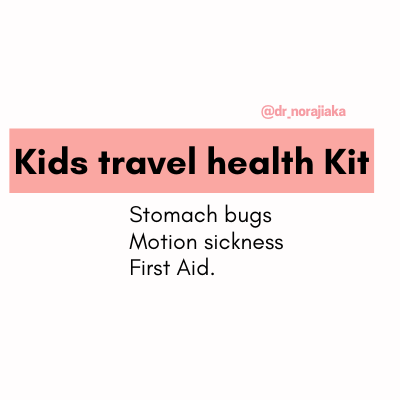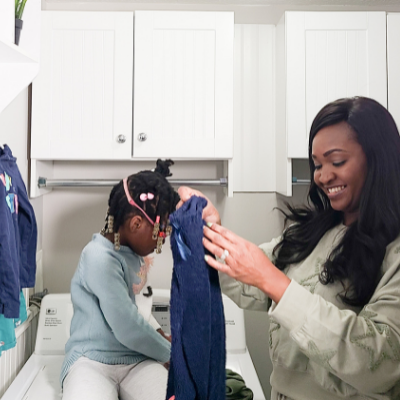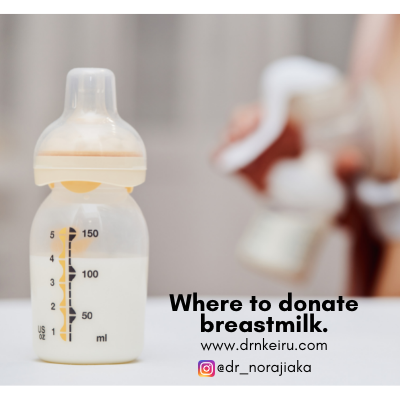Medicine Checklist
for kids
(Spring/ Summer)

(This post contains affiliate links. Read full disclosure here)
When was the last time you checked your medication/ health supplies cabinet? Now is the time to do that, If you haven’t
(You can scroll straight down to checklist or read more details)
If you read my blog previous blog on fall/winter medicine checklist, you’ll know I do do a check every Labor day to weed out expired medication.
Besides that, at the beginning of spring, I also update my medicine checklist to be sure I am prepared for any spring or summer illnesses or injuries my kids may pop up.
While kids can get sick or have injuries all year round, depending on where you live the type of illnesses varies by season
Here’s why I check (again):
- Refill my medications: If your child didn’t need their Claritin (or other allergy meds), they will definitely need it for this spring season. Get a refill so you don’t end up with a late-night emergency visit
2. Summer injuries versus Fall/Winter viruses: Spring showers bring sunny days. Nicer, warmer days mean our kids can play outside all day. Monkey bars are always a hit for kids, my daughter too. Falls, scrapes and even fractures may be unavoidable.
3. Dispose of expired medications: Those allergy meds from last year may be expired. Check all your meds to avoid giving kids expired medications. Expired medications are not as effective but can also cause harm
4. Adjust medications by weight: Medications for kids are best dosed based on weight. Your child may have hit a growth spurt or may have lost some weight. I have a home scale and I adjust the meds I give them based on that. You can ask your pediatrician for your child’s latest weight. If you have a scale, weigh them and ask your Pediatirician for the right doses
I always want families to be ready for a little first aid and home care so they don’t get overwhelmed.

Welcome to Drnkeiru.com
As a pediatrician and mother, I find joy in bringing you great & helpful info on medicine, motherhood and motivation.
Here’s a list of mine and an added list of recommendations I’ve made based on my experience in the emergency room:
You can scroll straight down to checklist or read more details
(Remember that this is for education only. Ask your doctor if this list is ideal for your child)
AllergY MEDS
Spring is allergy season
If your child has allergies, it’s always recommended to start meds before they get uncomfortable.
Allergies can cause runny nose, repeated coughing and sneezing, itchy throat, scratchy eyes.
If you aren’t sure if your child has allergies, it’s best to speak to your doctor before commencing any over the counter (OTC) meds
Cough and cold medications are not recommended for children and should only be used
Honey can also help soothe itchy throat (with dosing ideas)
- Do not give honey to babies under one year—it is not safe.
- For children ages 1 to 5 years: Try half a teaspoon of honey.
- For children ages 6 to 11: Try one teaspoon of honey.
- For children 12 or older: Try two teaspoons of honey.

Fever and pain control
Every home needs to have one or both of these- tylenol and ibuprofen
Your child will need this for pain from scrapes and falls. Some kids maybe resilient initially and decline, but overtime injuries start to hurt too. Get them comfortable by giving any of these.
The dose your child should take is more accurately measured based on WEIGHT and NOT age. Remember NOT to use Ibuprofen if your child is less than 6 months old. I clarified the confusion about infant and children’s ibuprofen in another post ; Infant versus Children’s ibuprofen
BOO- BOO Care
Boo-boos are not unusual in your active child.
Depending on what these look like, you may not need to be seen in an ER.
All you need to clean out a mild injury is water and mild soap. (You do not need alcohol or hydrogen peroxide- they damage skin cells around and make wounds take longer to heal)
Vaseline or Aquaphor or other emollients are perfect after washing off
You don’t need an antibiotic ointment unless your Dr prescribed it
Sun burn
Firstly, every child regardless of skin color needs sunscreen. As it gets hotter, the need even becomes more obvious.
Ask your pediatrician or dermatologist to recommend the best one that suits your child.
If your child sustains a mild sunburn, apply a cool towel to help dampen it and make it feel better
Calamine lotion and aloe-vera might be helpful as soothing therapy.
You’ll need anti-itch drugs as these become itchy over time. (see list below)
CHECKLIST (PRINT AND SHARE)
Basic Check list
Allergies
- Nasal saline spray or drops
- Antihistamines- cetirizine (Zyrtec) or Loratadine (Claritin)
- (Benadryl is drowsy and others are preferred than this. Avoid use unless advised by your doctor.)
- Flonase (nasal spray)- not recommended for kids < 2 years
- Honey (not for use in kids less than 1 year of age)
- Cool mist humidifier (not Hot humidifier)
Pain (&fever)
- Tylenol (pills and children’s suspension)
- Ibuprofen (pills and children’s suspension)
- Thermometer
Spring/Summer Skincare
- Sunscreen (your pediatrician recommended)
- Vaseline / Aquaphor
- Calamine lotion
- Antibiotic cream if prescribed by Dr – bacitracin (avoid neosporin- risk of causing allergies)
- Hydrocortisone – for mild poison iv
drnkeiru.com
Additional home supplies (injuries)
- Gauze for wound dressing
- Antiseptic towlettes (can skip this for a clean cloth at home)
- Cold packs (you can skip this for frozen veggies)
- Crepe bandages for splinting joints
- Tourniquet (for bleeding wounds- this should only be used by a trained professional)
- Band-aid
- Tweezers (for splinters)
- Gloves
Poison Ivy care:
- Calamine lotion
- Hydrocortisone cream
Tick removal and care
- Tweezers or small forceps
drnkeiru.com
Kids with specific medical history
Asthma:
- Albuterol MDI refills
- Asthma controller medicines (Flovent, Qvar, Dulera etc)
- Singulair (Montelukast)
- Spacer
- Nebulizer (if needed)
Diabetes:
- Insulin medications with syringes
- Glucose check strips (if without pumps)
- Lancets
- Urine test strips
Allergies/ Anaphylaxis
- Epipen
drnkeiru.com
Remember, this blog post and list does not mean direct medical advise. Check in with your doctor for your child’s care
Remember to store your medications safely away from kids. Store in locked cabinets or boxes placed in in high places
You may also like these posts

My sick kids travel kit
My 'Sick' kids travel kit -what's in my kit? (this blog contains affiliate links. Links are at no extra cost to you)Kids can get sick while on vacation and as parents we can only...

Poison Prevention Week
Poison Prevention week: Cleaning & laundry packet safety. (in partnership with American Cleaning Institute (ACI)(Remember to watch video at the end) It’s not uncommon for me to come in for my...

Where can you donate breastmilk?
Where to donate your breastmilk.(this blog contains affiliate links. Links are at no cost to you) I had no idea how it worked. I knew people could donate their breastmilk to share with other babies....


